CTAHR Strategic Vision
Photo courtesy of Jose Magno
CTAHR launched its strategic position process in Fall of 2021 to map our future for the next five years.
To initiate this effort, a working group consisting of 25 members (14 faculty, 3 staff, 4 administrators, 2 students, and 2 outside stakeholders) was formed to represent the college’s departments and units and charged with developing a strategic vision for the future positioning of CTAHR. What follows is the result of the work of the college’s faculty, staff, and stakeholders, and a vision for the future success of the college.
CTAHR Mission
Our responsibility is to provide exceptional transdisciplinary education, research, and extension in tropical agriculture, natural resources, and human well-being to local and global communities.
‘Ōlelo Mākia
ʻO ko mākou kuleana ke aʻo a noiʻi ākea i ka mahi kopikala a kumu waiwai, no ka pono o ka lāhui kanaka ma Hawaiʻi a ma ʻō loa aku.
CTAHR Vision Statement
An educated community, healthy population, and sustainable food system and environment that strengthens the well-being and economic development of the people of Hawaiʻi.
ʻŌlelo Nuʻukia
Naʻauao ke kaiāulu, ola ka lehulehu, momoma ka ʻāina, i ulu pono ka lāhui.
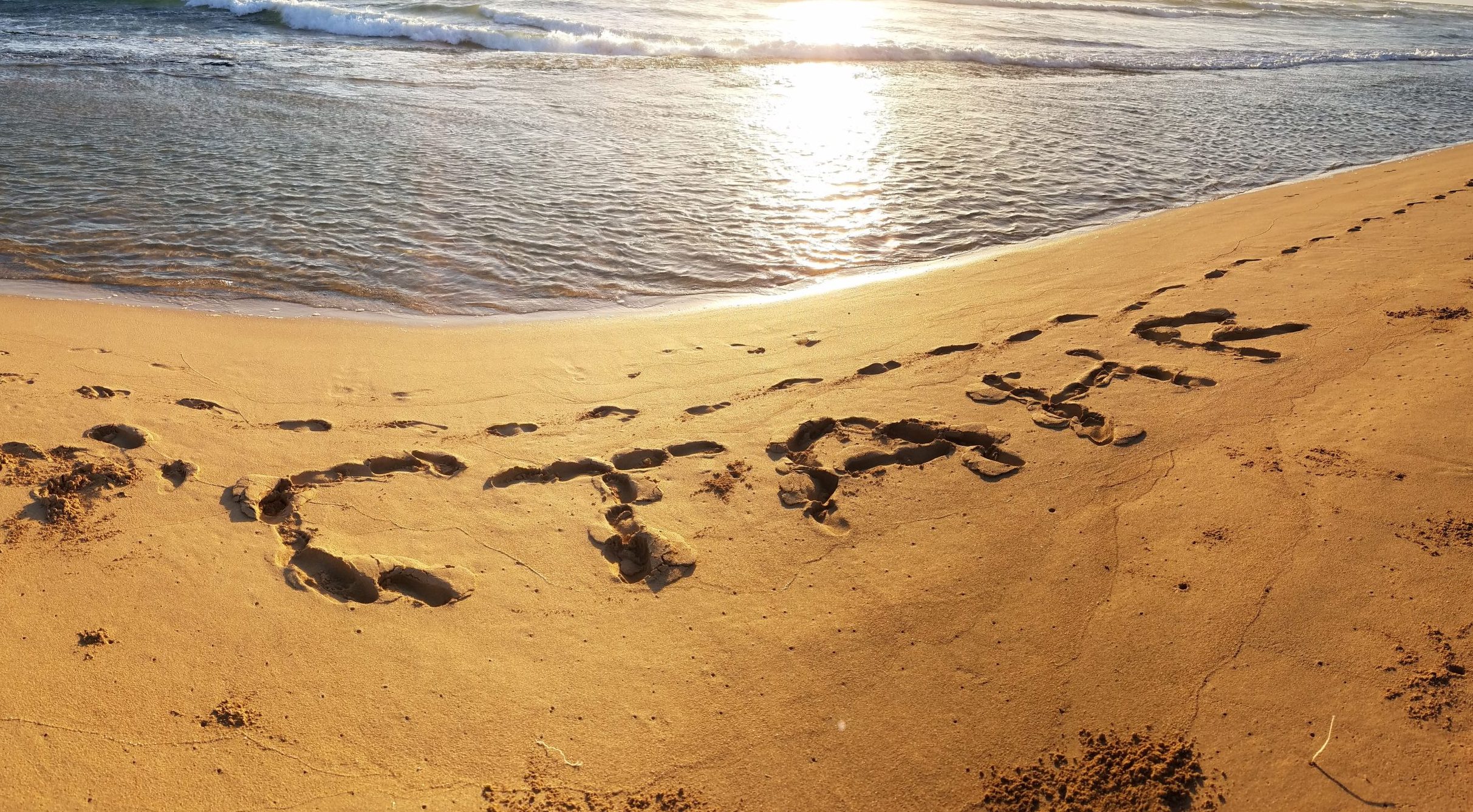
Core Values
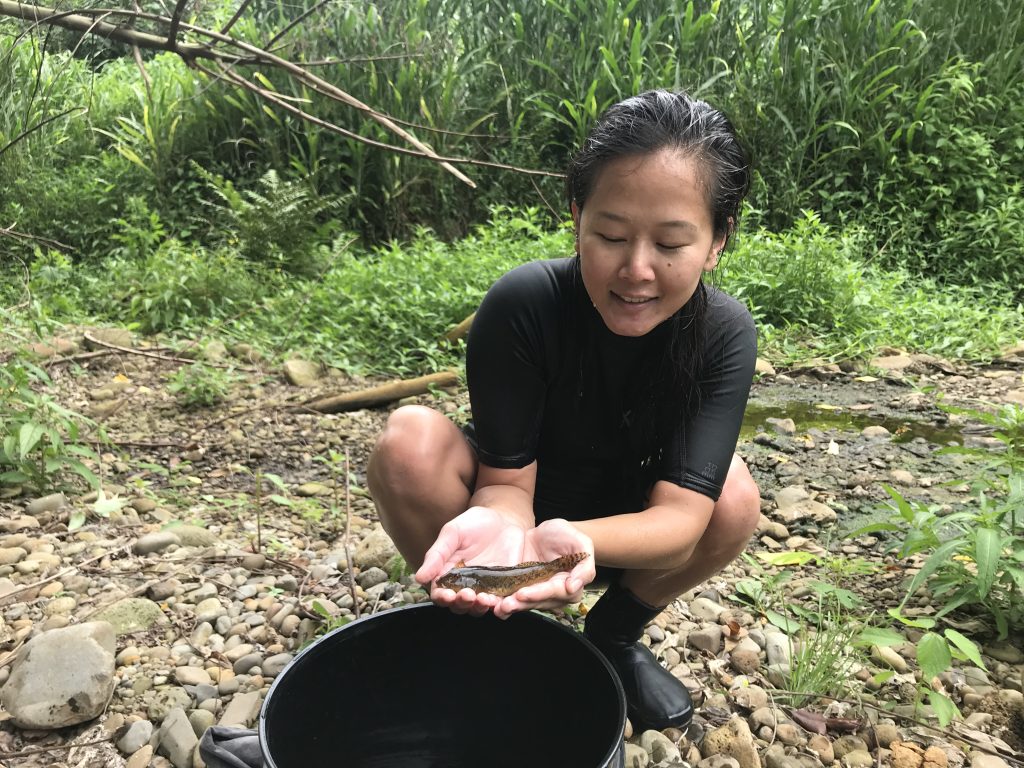
Mālama
Care for others and the environment
- We treat everyone equally and ensure their safety and protection.
- We embrace everyone’s individuality.
- We nurture those in our learning community to promote growth, education, and academic success.
- We protect and preserve the natural resources and ecosystems of our islands to maintain sustainable communities and resilient agriculture.
Pono
To be righteous in thoughts, speech, and actions that reflect integrity and reciprocity.
- We build relationships that are honest, open, and transparent.
- We treat others with respect.
- We honor and protect the ‘āina and the people of Hawai‘i.
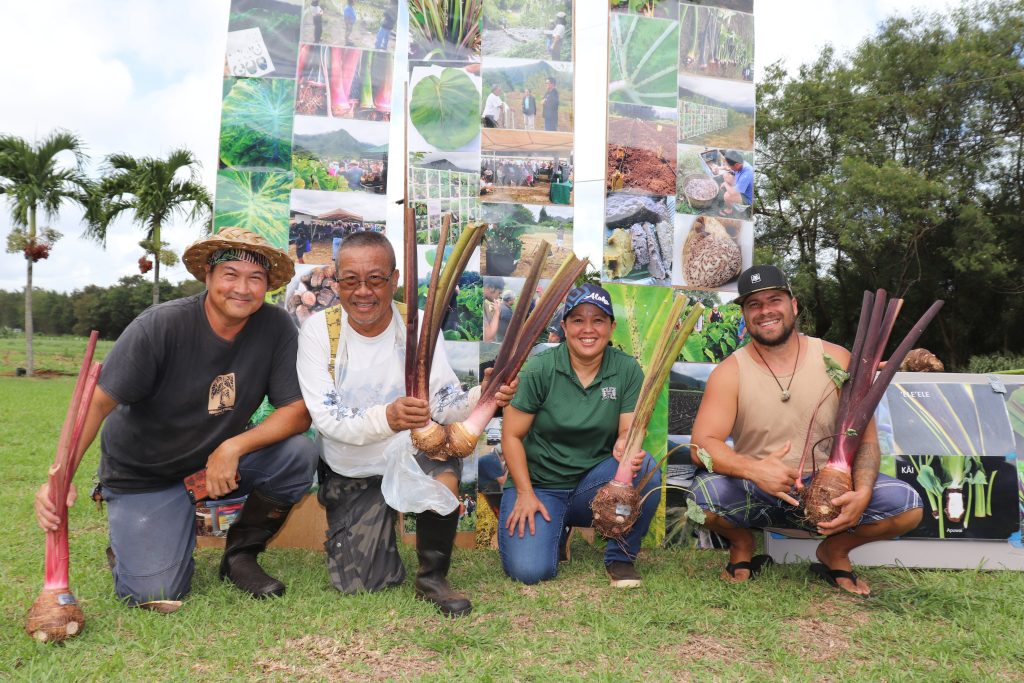
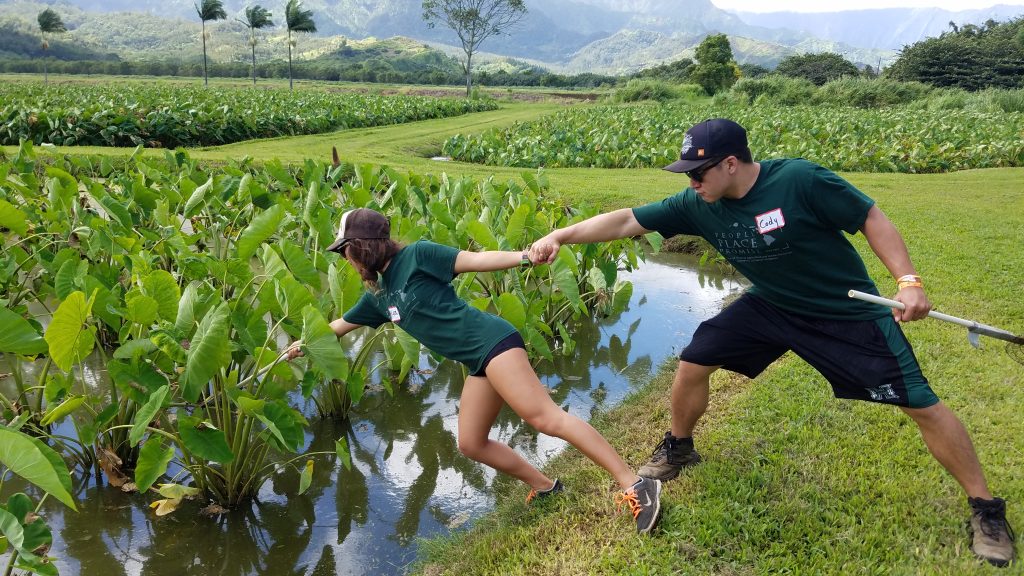
Kuleana
Take responsibility and accountability.
- We are responsive and accountable to the needs of the environment and its people.
- We strive to be more efficient and properly utilize human, natural, and financial resources.
- We encourage self-awareness of one’s own individual contribution and fulfillment of CTAHR’s mission toward teaching, research,
and extension.
Loea
Resourcefulness, Resilience, and Innovation.
We think outside of the box to address societal issues toward people, places, and environments.
- We encourage open-mindedness to listen to all ideas.
- We strive to build continual curiosity in everyone to promote life-long learners.
- We generate opportunities that challenge ineffective ways of thinking.
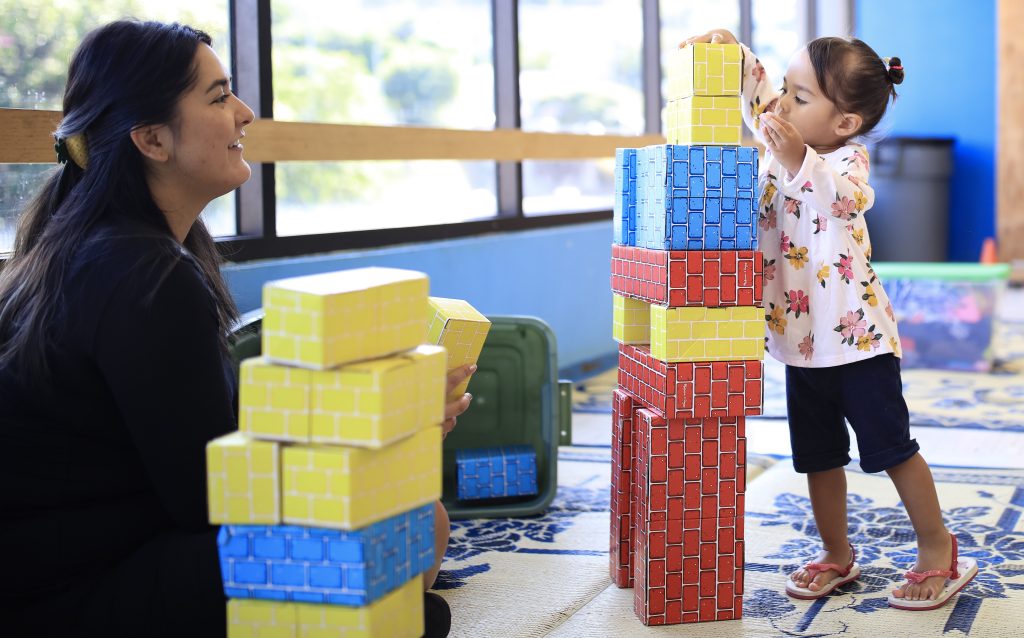
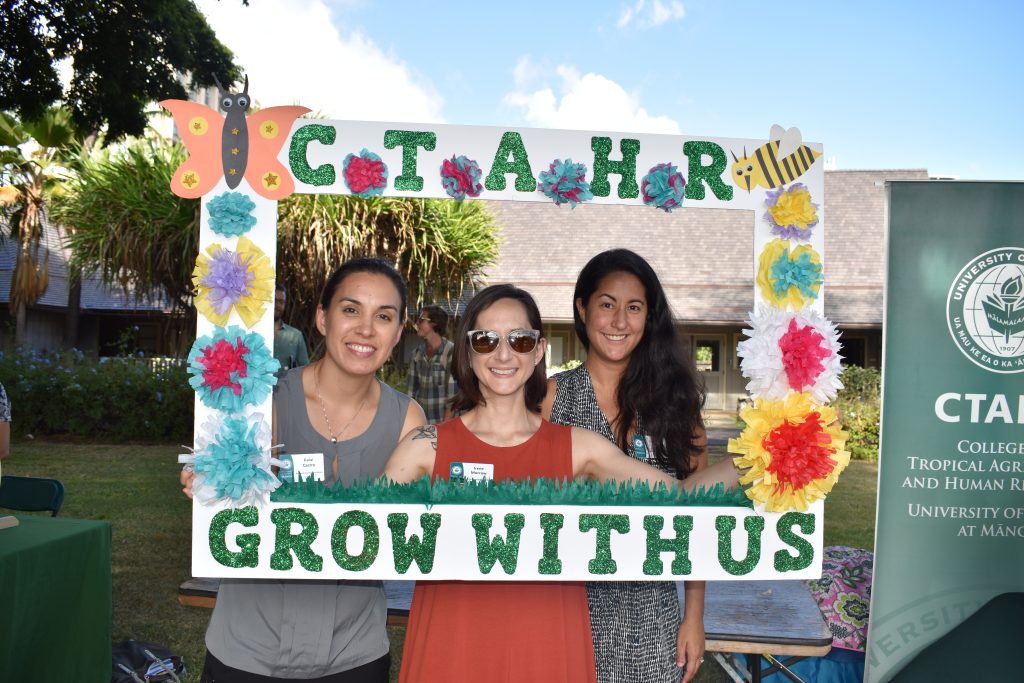
Laulima
Inclusive and collaborative in service and society .
- We foster active listening.
- We provide opportunities for team-building.
- We build multidisciplinary teams to tackle pressing issues in our community and society.
- We strive to be a CTAHR ‘ohana and strengthen the greater community.
Grand Challenge Initiatives
Improve the health, well-being, and resilience of regional communities while reducing disparities.
- Enhancing health and well-being locally, nationally, and globally.
- Promoting healthy and resilient regional communities in the Pacific region and
beyond. - Improving nutrition and health access equity by addressing historical disparities.
- Strengthening multicultural families and individuals across the lifespan.
- Revitalizing and reconnecting ecosystems and the community to bolster holistic health.
Strengthen tropical and Pacific Island agriculture and food systems through sustainable agriculture research and education.
- Building leadership in abundant and flourishing social-ecological systems for sustainable and resilient crop, ornamental plant, and livestock production systems (‘āina momona).
- Bolstering local food security and high-quality food systems through research, education, and extension.
- Increasing productivity through scalable and affordable technologies in crop improvement, pest and disease management, and biocultural resource conservation and management.
Apply indigenous knowledge and modern technologies that support healthy ecosystems and climate change adaptation.
- Weaving multiple knowledge systems for stewardship of natural resources (mālama ‘āina).
- Revitalizing and reconnecting ecosystems and community in Hawai‘i and globally.
- Biosecurity research and education for native species conservation and invasive species management.
Enhance economic development for an adaptable and resilient community and well-trained workforce.
- Developing a socially and emotionally fit workforce to serve diverse communities.
- Support preschool through university (P-20) educational and career pathways and skill development for student success.
- Technology and training for students, teachers, state employees, community members, and other stakeholders.
- Building strong relationships with the community and industry.
- Developing local industries that align with CTAHR areas of expertise and community need.
The University of Hawai‘i is an equal opportunity/affirmative action institution and is committed to a policy of nondiscrimination on the basis of race, sex, gender identity and expression, age, religion, color, national origin, ancestry, citizenship, disability, genetic information, marital status, breastfeeding, income assignment for child support, arrest and court record (except as permissible under State law), sexual orientation, national guard absence, status as a covered veteran, pregnancy, and domestic or sexual violence victim status. This policy covers admission and access to and participation, treatment, and employment in the University’s programs and activities. For more information on equal opportunity and affirmative action policies and complaint procedures for the UH Mānoa Campus, contact: Dee Uwono, Title IX Director, Interim EEO/AA Director, & ADA Coordinator: (808) 956-7077, eeo@hawaii.edu.
